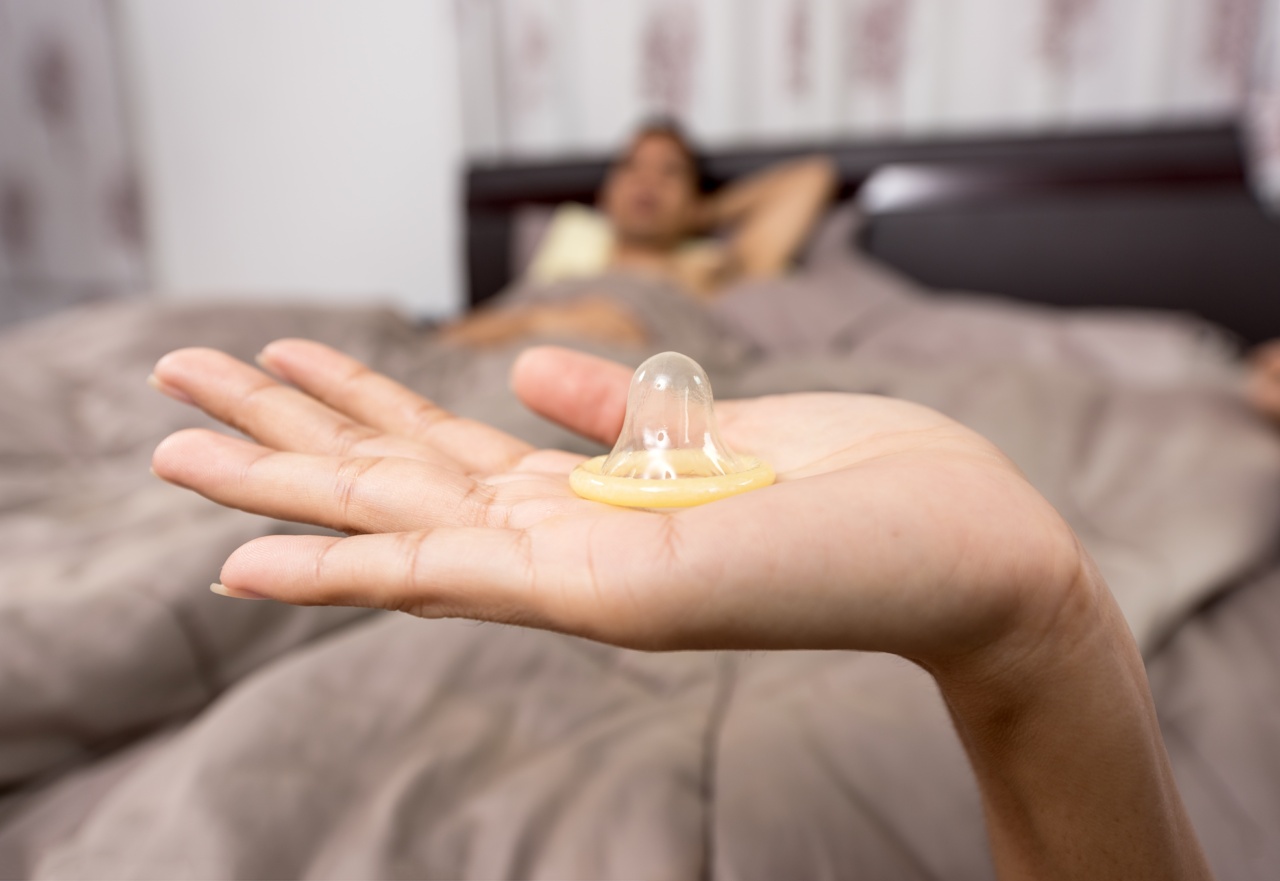Sexual activity during pregnancy is a topic that often raises questions and concerns. Many expectant parents wonder what is safe and what is not when it comes to intimacy during this special time.
It’s important to address these concerns and provide accurate information to help couples make informed decisions about their sexual activity during pregnancy.
Benefits of Sex During Pregnancy
Engaging in sexual activity during pregnancy can have several benefits for expectant parents. These include:.
1. Physical and Emotional Connection
Sexual intimacy can help expecting couples maintain a strong physical and emotional bond during pregnancy. It allows couples to connect on a deeper level, reminding them of their love and affection for each other.
2. Stress Relief
Pregnancy can be a stressful time, both physically and emotionally. Engaging in sexual activity can provide natural stress relief and promote relaxation, helping expectant parents cope with the challenges of pregnancy.
3. Hormonal Benefits
Sexual activity triggers the release of endorphins, oxytocin, and other feel-good hormones. These hormones can help reduce anxiety, improve mood, and enhance the sense of well-being for both partners.
Safe Positions for Sex During Pregnancy
While sexual activity during pregnancy is generally safe for most couples, certain positions may be more comfortable and suitable. Here are some safe positions to consider:.
1. Side-lying Position
The side-lying position, with both partners facing each other, can be comfortable and gentle on the pregnant person’s body.
2. Spooning Position
In the spooning position, both partners lie on their side, with the pregnant person positioned in front. This position allows for deep penetration while providing support and minimizing pressure on the abdomen.
3. Woman on Top Position
In the woman on top position, the pregnant person has more control over the depth and pace of penetration, making it a comfortable option.
Precautions and Concerns
While sexual activity is generally safe during pregnancy, there are a few precautions and concerns to keep in mind:.
1. Consult with Your Healthcare Provider
It’s always a good idea to consult with your healthcare provider about your specific situation. They can provide personalized advice based on your medical history and any potential risk factors.
2. Avoid Risky Activities
Avoid sexual activities that could potentially harm the baby, such as deep penetration or vigorous movements that could cause discomfort or injury.
3. Communicate and Listen to Your Body
Open and honest communication between partners is key during pregnancy. If something feels uncomfortable or painful, it’s essential to listen to your body and communicate your concerns to your partner.
When to Avoid Sex During Pregnancy
In certain situations, it may be necessary to avoid sexual activity during pregnancy. These include:.
1. High-Risk Pregnancy
If you have a high-risk pregnancy due to factors such as placenta previa, preterm labor, or a history of miscarriage, your healthcare provider may advise against sexual activity.
2. Excessive Bleeding or Discharge
If you experience excessive bleeding, discharge, or any unusual symptoms, it’s important to consult with your healthcare provider and refrain from sexual activity until the cause is determined.
3. Ruptured Membranes or Preterm Labor
If your water breaks or you suspect preterm labor, seek immediate medical attention and refrain from sexual activity until given clearance by your healthcare provider.
Conclusion
Sexual activity during pregnancy is generally safe and can have several benefits for expectant parents. However, it’s important to ensure open communication, consult with your healthcare provider, and listen to your body’s signals.
By taking necessary precautions and being aware of certain situations, couples can safely enjoy intimacy during this special time in their lives.

















